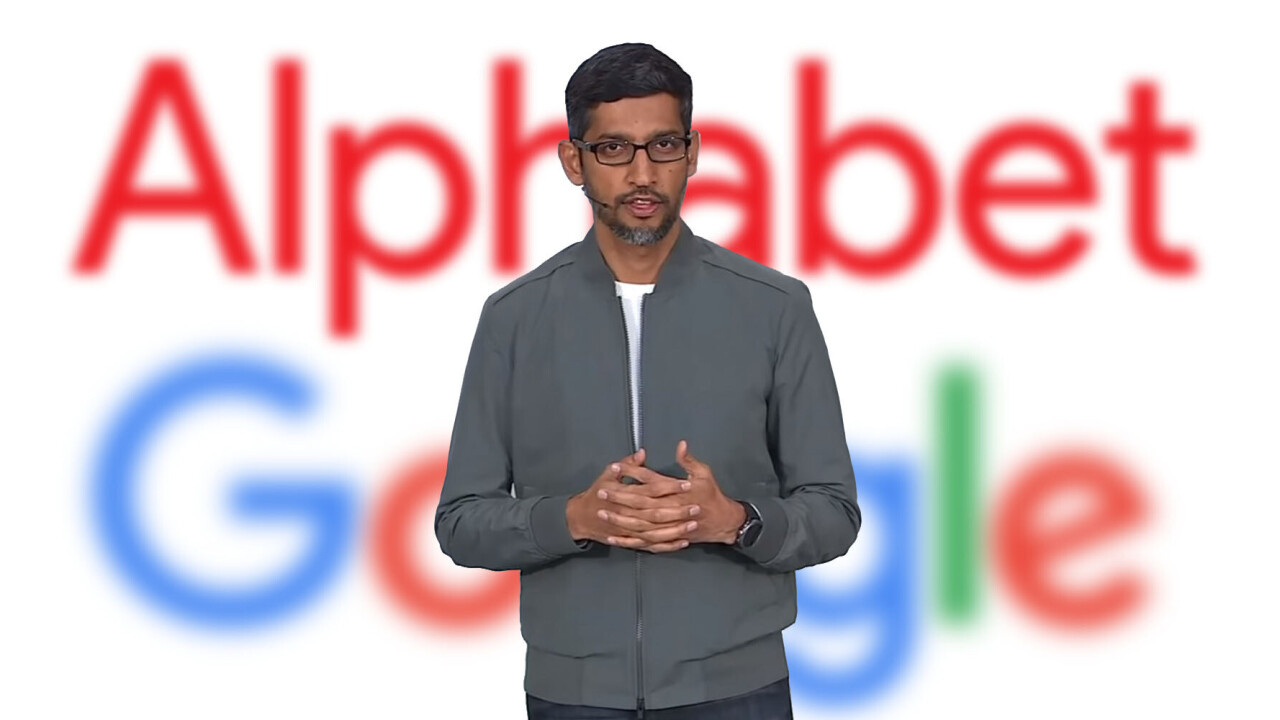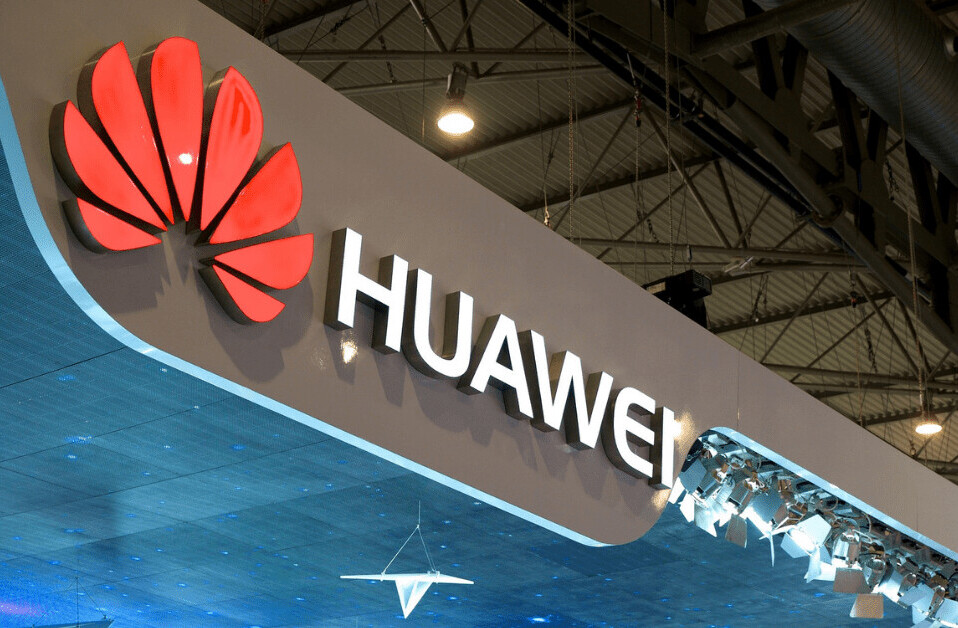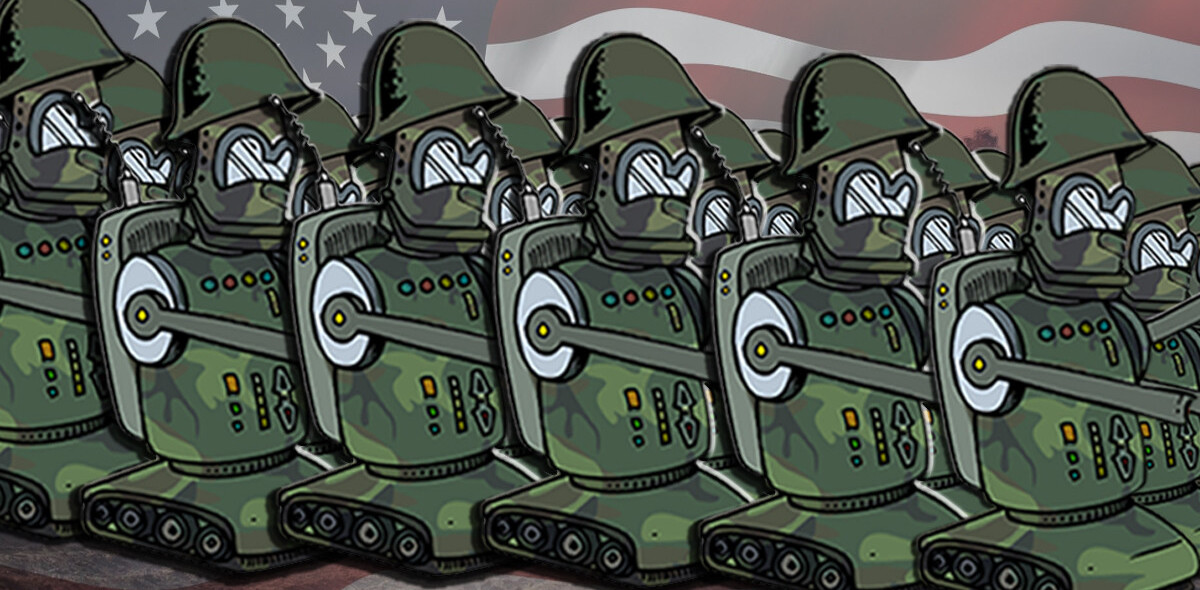
Sundar Pichai, the CEO of Google and its parent company Alphabet, wants the world’s governments to regulate artificial intelligence. As TNW’s Ivan Mehta wrote earlier today, the big tech boss published an opinion piece in the Financial Times over the weekend where he says:
Now there is no question in my mind that artificial intelligence needs to be regulated. It is too important not to.
Pichai’s op-ed reads like a preemptive strike. It begins with an appeal to his status as an everyday person. He discusses his love for technology dating back to his childhood before immediately moving on to all the good that Google’s doing:
Just this month there have been three concrete examples of how Alphabet and Google are tapping AI’s potential. Nature published our research showing that an AI model can help doctors spot breast cancer in mammograms with greater accuracy; we are using AI to make immediate, hyperlocal forecasts of rainfall more quickly and accurately than existing models as part of a larger set of tools to fight climate change; and Lufthansa Group is working with our cloud division to test the use of AI to help reduce flight delays.
We all want to fight breast cancer, fight climate change, and make the trains run on time. Pichai wants to remind us what’s at stake before he starts talking about the little g (government) and how it should deal with the big one: Google.
He then reminds us that cars have been used for evil, as has the internet. You can almost imagine him standing on a raised dais shouting his rhetoric:
These lessons teach us that we need to be clear-eyed about what could go wrong. There are real concerns about the potential negative consequences of AI, from deepfakes to nefarious uses of facial recognition. While there is already some work being done to address these concerns, there will inevitably be more challenges ahead that no one company or industry can solve alone.
Related: Sundar Pichai calls for moratorium on facial recognition on the Financial Times
It’s interesting that he chose deepfakes and facial recognition. With deepfakes, there’s no vertical for Google or Alphabet to monetize them right now. It’s easy to dismiss deepfakes as harmful technology for a company that doesn’t want to talk about how its core service is collecting and selling user data to advertisers.
And, as far as facial recognition goes, Google and Alphabet haven’t fared well in the surveillance world despite their best efforts to gain a toehold with the US military. Unfortunately for Pichai’s empire, Amazon, Palantir, and Microsoft have things fairly well covered in that department.
Related: Google employees quit over the company’s military AI project
We completely agree with Pichai when it comes to facial recognition software. In fact, a complete ban on government use would make more sense at this point. But the fact of the matter remains that Pichai is pointing at those other companies while his works in the shadows with the likes of Facebook and Twitter to socially engineer the human race.
It’s no surprise that Pichai’s underlying message, one he weaves throughout his entire article, is that the government should regulate his competitors’ AI, not his. He wants to win our hearts and minds; he wants us to believe that only Alphabet can save us from the evils of government, the ignorance of the average person, and his competitors. Ultimately, Pichai’s call for regulation is a warning against it. In his own words:
We want to be a helpful and engaged partner to regulators as they grapple with the inevitable tensions and trade-offs. We offer our expertise, experience and tools as we navigate these issues together.
AI has the potential to improve billions of lives, and the biggest risk may be failing to do so. By ensuring it is developed responsibly in a way that benefits everyone, we can inspire future generations to believe in the power of technology as much as I do.
We’d argue that endangering billions of lives is a bigger risk than failing to improve them. Pichai’s promises to help regulators serve the greater good goes against the boots-on-the-ground reality of the way his companies operate.
Pichai’s warning against over-regulation disguised as a ‘gee golly’ call for regulation echoes the White House’s current policy regarding AI – we recently compared this to Ajit Pai’s views on net neutrality. In essence, both advocate for a light-touch regulatory approach designed to clear the way for money-making endeavors.
As our own Ivan Mehta stated:
As many have pointed out in the past, it would be a good time to form an independent watchdog consisting of experts in the field to keep a close look over advancements in the field and point out malpractices by the company.
At the end of the day, if you completely trust the Trump administration and Alphabet to decide what’s best for the world when it comes to regulating AI, there’s nothing to worry about.
Get the TNW newsletter
Get the most important tech news in your inbox each week.




